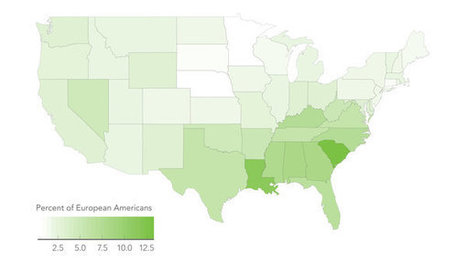"While Gullah was not originally a written language and has never had a governing authority or dictionary, linguistic scholars have found that the language is internally consistent and in some ways more efficient and expressive than standard English. Elements of the language have seeped into African-American Vernacular English across the country."
For the first time in recent memory, the Charleston County School Board is discussing how to address the specific needs of Gullah and Geechee students, children of a culture whose linguistic origins trace back to the west coast of Africa via the trans-Atlantic slave trade. Some teachers have said the students' way of speaking — whether in the heavily West African-influenced Gullah language or in the more Anglicized dialects sometimes known as Geechee — can present an obstacle to understanding in the classroom. Like many Lowcountry Gullah speakers of her generation, the current head of state for the Gullah/Geechee Nation carries painful memories of adults who taught her to hold her family's way of speaking in contempt.
Tags: language, culture, race, education, historical.



 Your new post is loading...
Your new post is loading...













